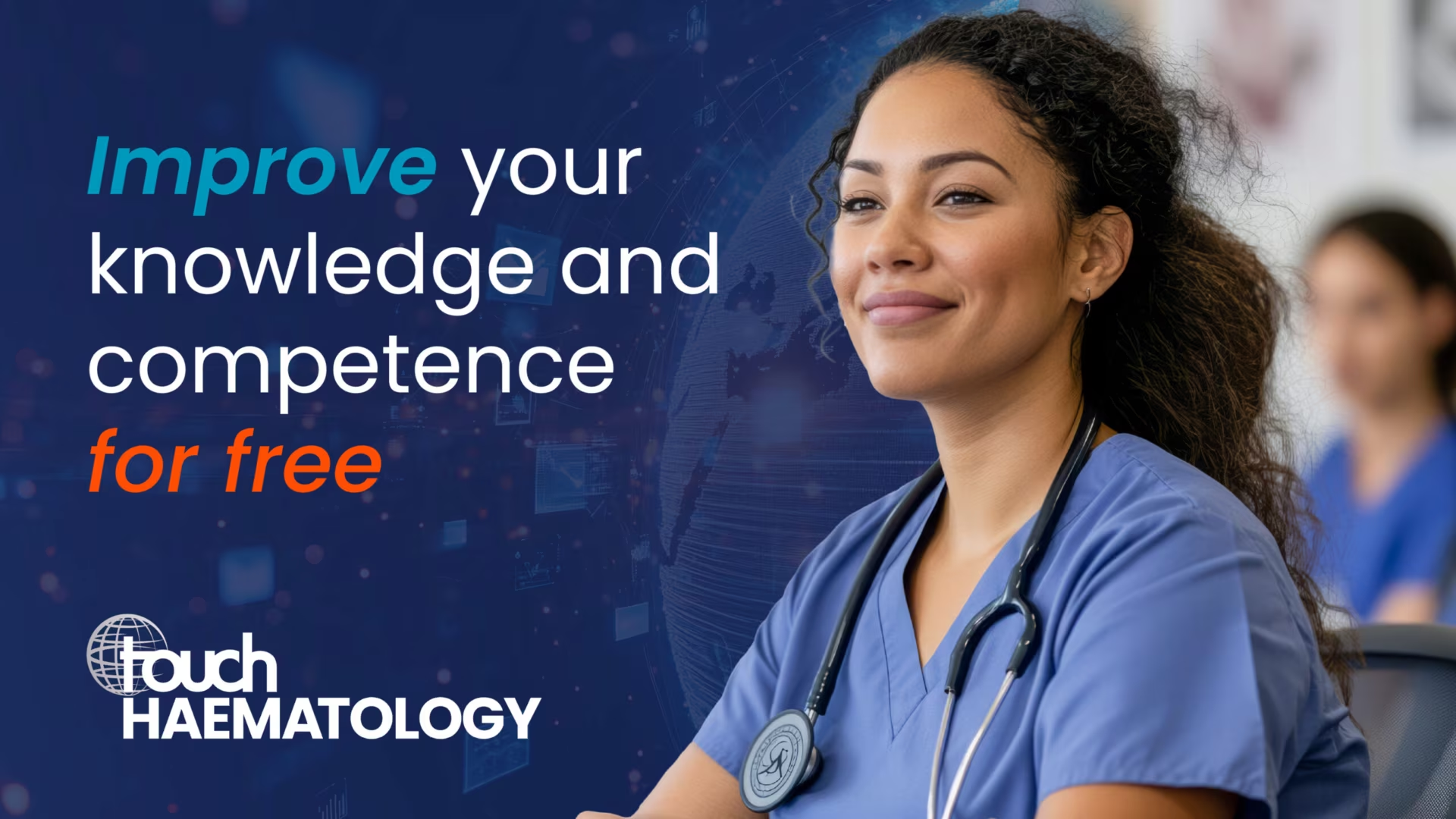“It’s not just about learning technical skills – it’s about discovering joy in the scientific process”
Abigail Ajanel Gomez specializes in platelet biology, thrombosis and stroke. Her research investigates mitochondrial calcium flux and platelet activation, with implications for anti-thrombotic therapy. A recipient of the 2023 ASH Graduate Hematology Award, she combines rigorous scientific inquiry with a strong commitment to mentorship. In this interview, she reflects on the lessons learned from a renowned mentor, the intellectual fulfilment of mechanistic research and the deep satisfaction she finds in training future scientists.
Q1. Can you tell us about a mentor who has had a significant impact on your career, and the most valuable lesson they have shared with you?
My most influential mentor has undoubtedly been Dr Robert Campbell. When I joined his lab, I had some prior scientific experience, but it was my first foray into a haematology-oriented setting, and honestly, my knowledge of platelets was quite limited. I often tell people, “I came for the platelets, but I stayed because of the PI”. Dr Campbell is not only kind and caring, but also demonstrates an incredibly strong work ethic. He didn’t just teach me the mechanics of science – how to write a grant, prepare for oral presentations or structure a research paper. More fundamentally, he taught me how to be a scientist. The most valuable lesson he shared, and one that resonates deeply with me, is this: if you set high expectations for your trainees, you must provide them with an equivalent level of support. This made all the difference in my development. He was always there, working alongside me, pushing me to achieve my best while simultaneously providing every bit of support required to get me there. It’s a method I’m committed to carrying forward with my own future trainees.
Q2. What aspects of your work do you find the most fulfilling?
For me, the most fulfilling part of my work is deciphering the intricate mechanisms of platelet phenotypes. There’s an undeniable thrill in observing how a specific platelet alteration affects an in vivo system, but the real gratification stems from truly understanding the “why” behind it. This mechanistic insight is paramount for advancing our ability to develop urgently needed anti-thrombotic treatments. It’s also the stage of research that allows for the greatest intellectual freedom. I get to develop creative hypotheses about how these biological processes unfold and then design detailed plans to rigorously test them. Furthermore, it’s a phase that encourages a deep dive into scientific literature, providing an opportunity to truly appreciate the invaluable efforts of those who paved the way.
Q3. Is there a particular moment or experience in your career that reinforced your passion for your specialty?
My passion for my specialty was profoundly reinforced by teaching new scientists and helping them discover their own enthusiasm for research. I’ve been fortunate enough to train many individuals in the lab, and it’s incredibly fulfilling to watch their journey. It’s not just about them learning new technical skills; it’s about seeing their critical thinking abilities blossom and their genuine enjoyment of the lab grow. Witnessing them transform into budding scientists, finding excitement in developing their own hypotheses, is an incredible experience. I’m committed to continuing this work, as I believe training the next generation is vital for the continued advancement of the field.
About Abigail Ajanel Gomez
Abigail Ajanel Gomez is a graduate student and researcher in the field of biology, specializing in platelet biology, thrombosis, and stroke. Originally from Guatemala, she earned her B.S. at Antillean University in Puerto Rico and an M.S. in Biology from California State University, Fresno. Currently, she is a Ph.D. student affiliated with Washington University in St. Louis and the University of Utah, working in the Robert A. Campbell Lab. Her research focuses on the function of platelets; particularly how mitochondrial calcium flux regulates platelet activation. Her research has demonstrated that platelet MCU mediates platelet activation and thrombosis, particularly in an ITAM (immunoreceptor tyrosine-based activation motif)-dependent manner. Her studies, including those using platelet-specific MCU-deficient mice, have shown that reduced mitochondrial calcium flux leads to decreased arterial thrombosis and less ischemic stroke brain injury in vivo, while only mildly altering hemostasis. This underscores the potential therapeutic implications of her work. Her work has been published in scientific journals and presented at conferences. She is a recipient of a 2023 ASH Graduate Hematology Award from the American Society of Hematology.
Disclosure: Abigail Ajanel Gomez has received grant/research support from the American Society of Hematology.
Cite: Three questions with Abigail Ajanel Gomez: touchHAEMATOLOGY Future Leader 2025. July 31st, 2025
SIGN UP to touchHAEMATOLOGY!
Join our global community today for access to thousands of peer-reviewed articles, expert insights, and learn-on-the-go education across 150+ specialties, plus concise email updates and newsletters so you never miss out.


